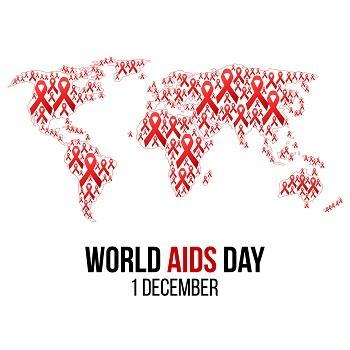HIV and Pregnancy
- posted: Jan. 02, 2018
Finding out that you’re pregnant can be exciting news; however, if you’ve also been diagnosed with HIV then you may be feeling more concerned about what this means for your pregnancy, the health of your child and your health. Of course, it will provide some relief to know that HIV-positive women can give birth to an HIV-negative baby. The most important thing you can do for you and your child is to visit your OBGYN right away for care as well as turn to other doctors who are providing you with your HIV treatments.
this means for your pregnancy, the health of your child and your health. Of course, it will provide some relief to know that HIV-positive women can give birth to an HIV-negative baby. The most important thing you can do for you and your child is to visit your OBGYN right away for care as well as turn to other doctors who are providing you with your HIV treatments.
In most cases, the medications used to treat your HIV should be safe to use throughout the course of your pregnancy. Of course, there are some instances in which women may need to change the antiretroviral medications they take. This is why it’s important to talk to your medical team as soon as possible after finding out you are pregnant.
It’s imperative that you continue taking your HIV medication throughout the course of your pregnancy just as you had been prior to your pregnancy. Taking your medication at the same time everyday is also important to your health and the health of your child to make sure that they do not contract the virus.
If you haven’t already started taking HIV medication it’s necessary to get on a medication schedule right away. Women with HIV who start taking their antiretroviral drugs right away during their pregnancy will have a lesser amount of the virus in their blood when it comes time for their delivery.
You will want to work with your HIV doctor and your obstetrician to discuss the best ways to manage your HIV while pregnant to reduce the likelihood of passing HIV onto your child. This first consultation should be scheduled right away. From there, your obstetrician will decide how often you should come in for routine monitoring and care. During these routine visits, an ultrasound will often be used to see how the fetus is developing.
When it comes to your birth plan, this is something you should discuss as soon as possible with your OBGYN. It is possible for women with HIV to deliver their baby vaginally, but the safest and best method for delivery will depend on how low or high the viral count is at time of delivery. Based on the viral load at around 34 to 36 weeks, your OBGYN will be able to determine if a vaginal delivery is possible or whether you will need to undergo a cesarean section prior to going into labor.
Along the way, you may have questions or concerns about your pregnancy and managing your HIV. When you do, make sure that you have an OBGYN that you trust to provide you with the caring and compassionate care that you need to have a smooth and stress-free pregnancy.
Our Location
100 E. Alton Gloor Blvd., BLDG B, Ste. 130
Brownsville, TX 78256






